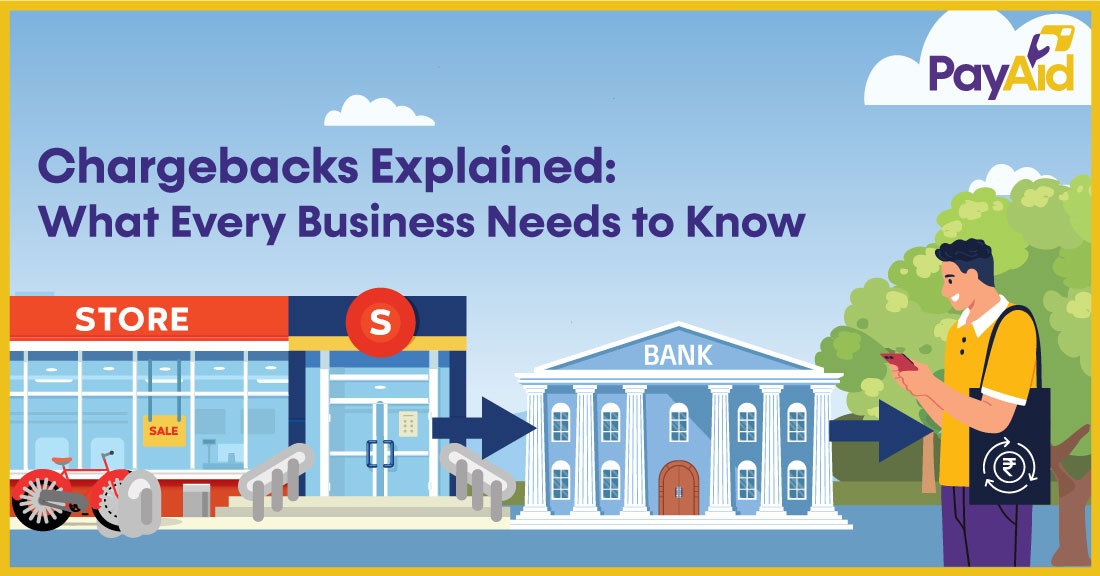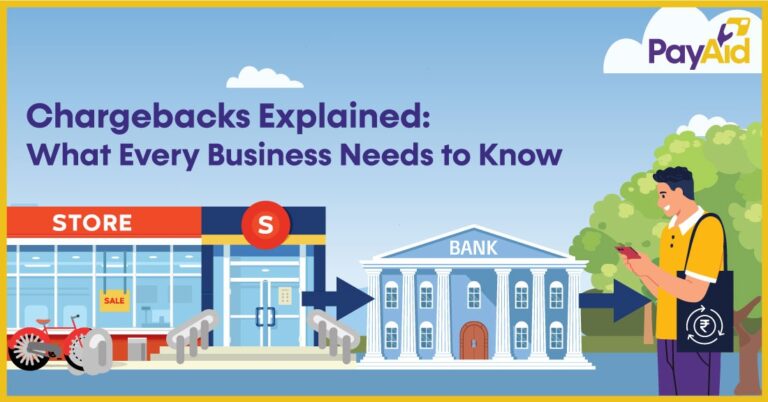


In today’s fast-paced digital economy, businesses increasingly rely on online payments to streamline transactions and improve customer experiences. However, with the convenience of digital transactions comes the risk of chargebacks, a complex and often misunderstood aspect of payment processing. As a business owner partnering with PayAid Payments, it’s essential to understand chargebacks and their implications.
A chargeback is a dispute resolution mechanism designed to protect consumers from unauthorised or fraudulent transactions. It allows credit cardholders to request a refund directly from their bank in case of a problematic transaction. Chargebacks act as a safety net, giving consumers a sense of security when using their credit cards for online purchases.
Chargebacks can arise from various scenarios, often falling into one of the following categories:
Chargebacks can have significant implications for businesses:
While it’s impossible to eliminate chargebacks entirely, businesses can take proactive steps to minimize their occurrence:
In the complex landscape of online payments, chargebacks play a crucial role in protecting consumers. However, they can pose business challenges, leading to financial losses, operational complexities, and reputation damage. Businesses can effectively mitigate the risks associated with these disputes by understanding the reasons behind chargebacks and implementing preventive measures. Clear communication, transparent policies, robust security measures, and outstanding customer support are essential for a chargeback-resistant strategy. As businesses strive for seamless financial operations and exceptional customer experiences, navigating the chargeback landscape becomes essential for sustained success.

Coming soon: Spend funds from your Ceve wallet at 46 Million merchants and ATMs worldwide. Can it get any easier than that? Just Grab The feature!!!




Flat Number 101, Second floor
H.No.7-1-75, Sree Sree Towers
D.K Road Ameerpet Hyderabad, Telangana, 500016.

